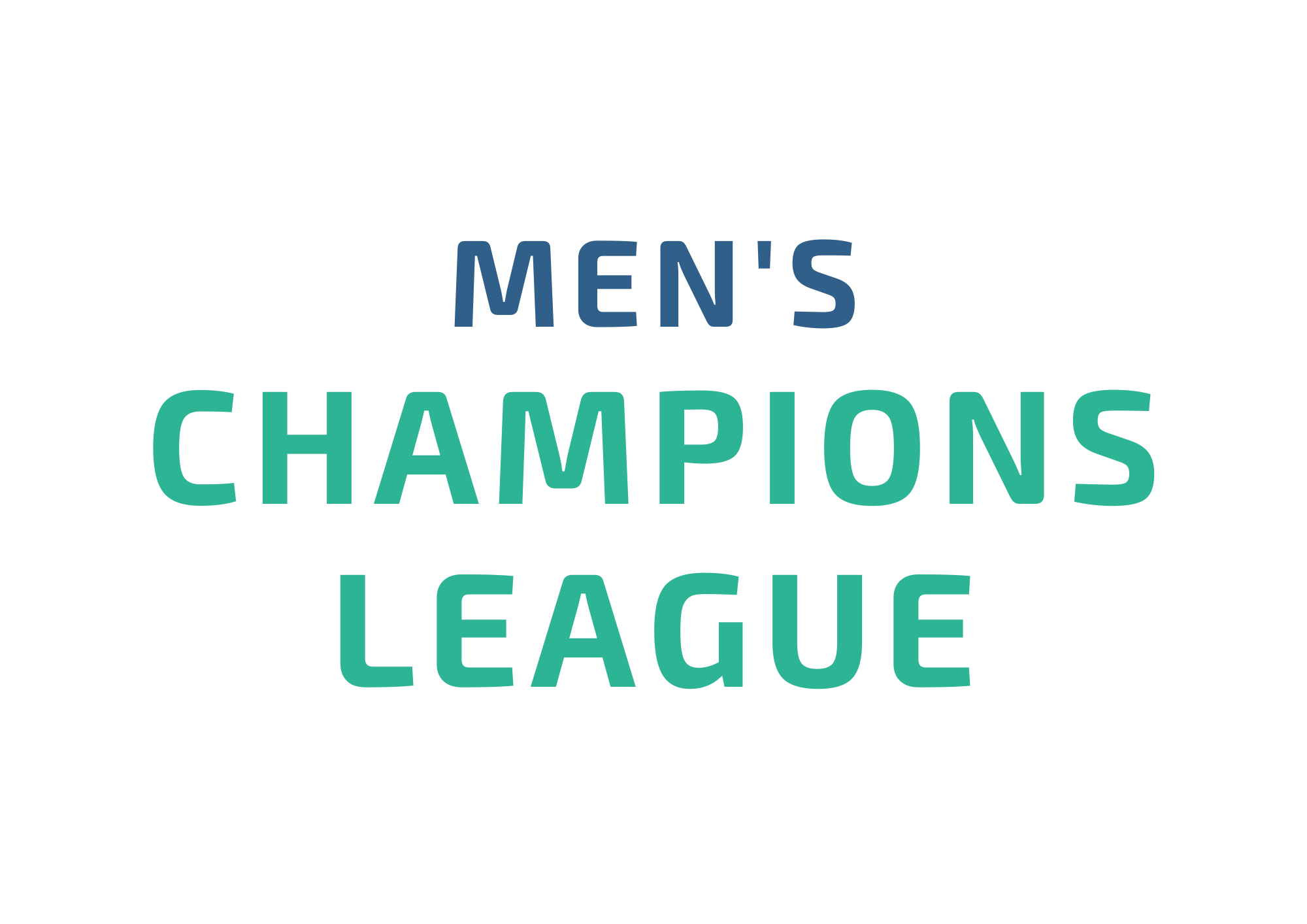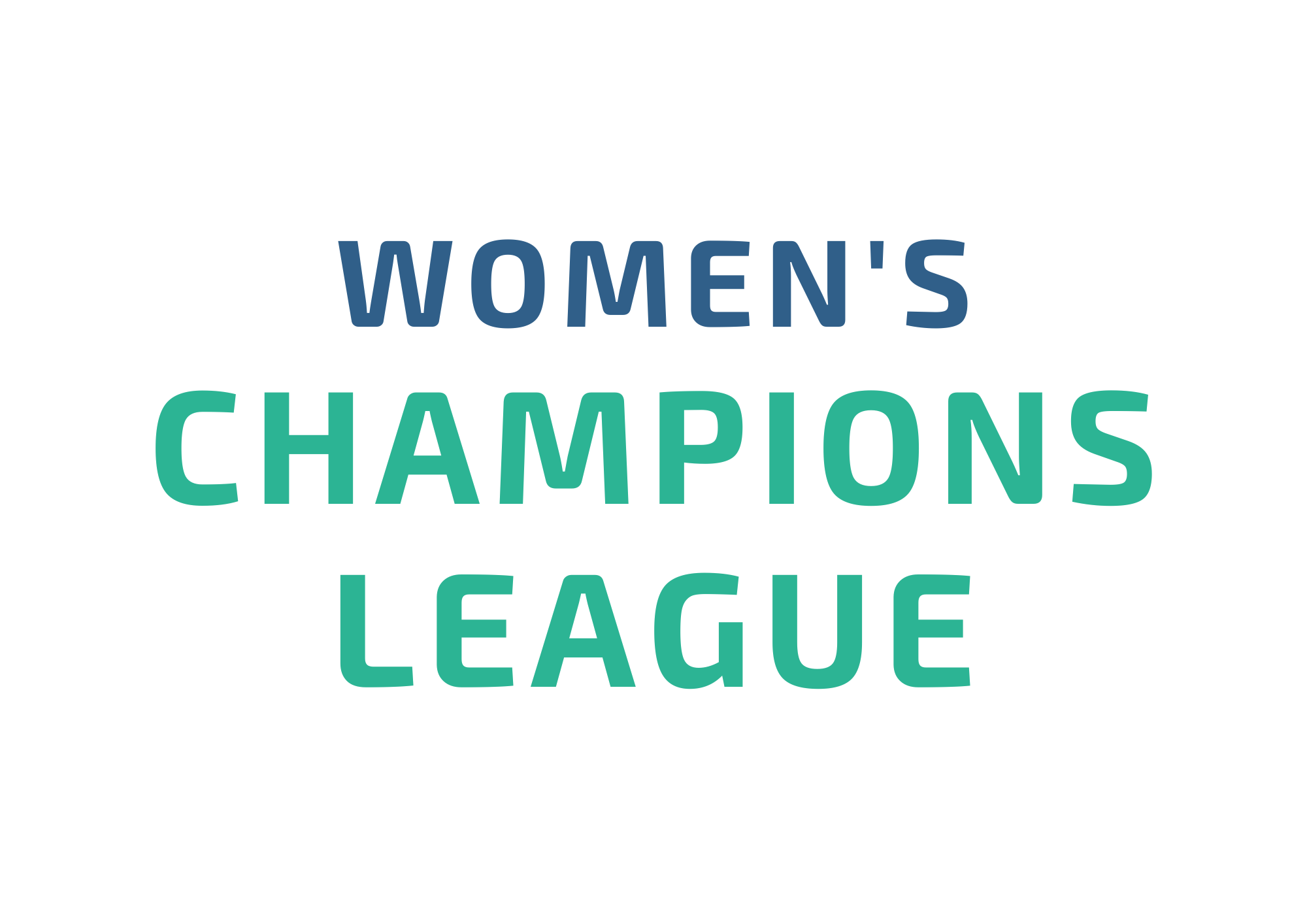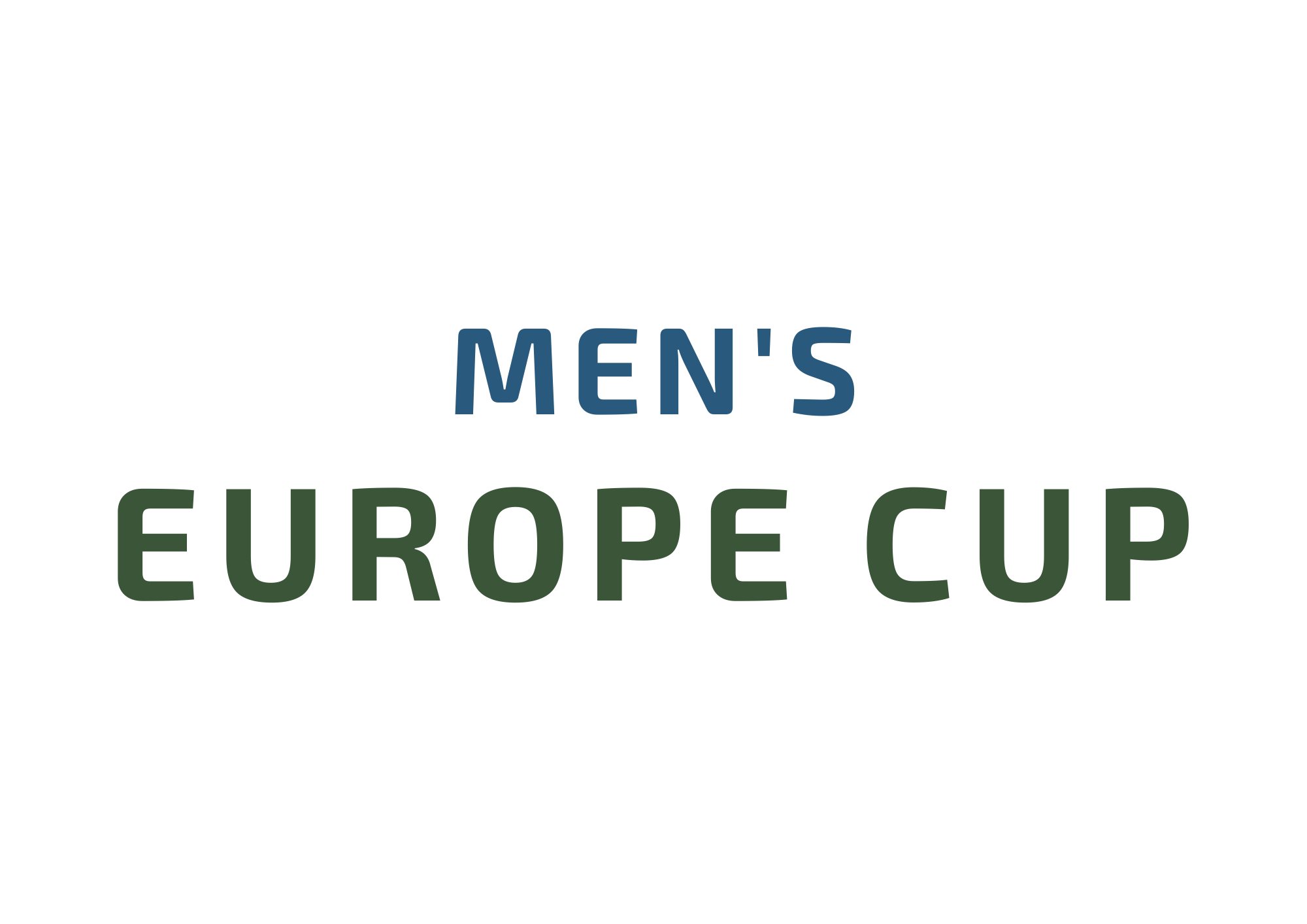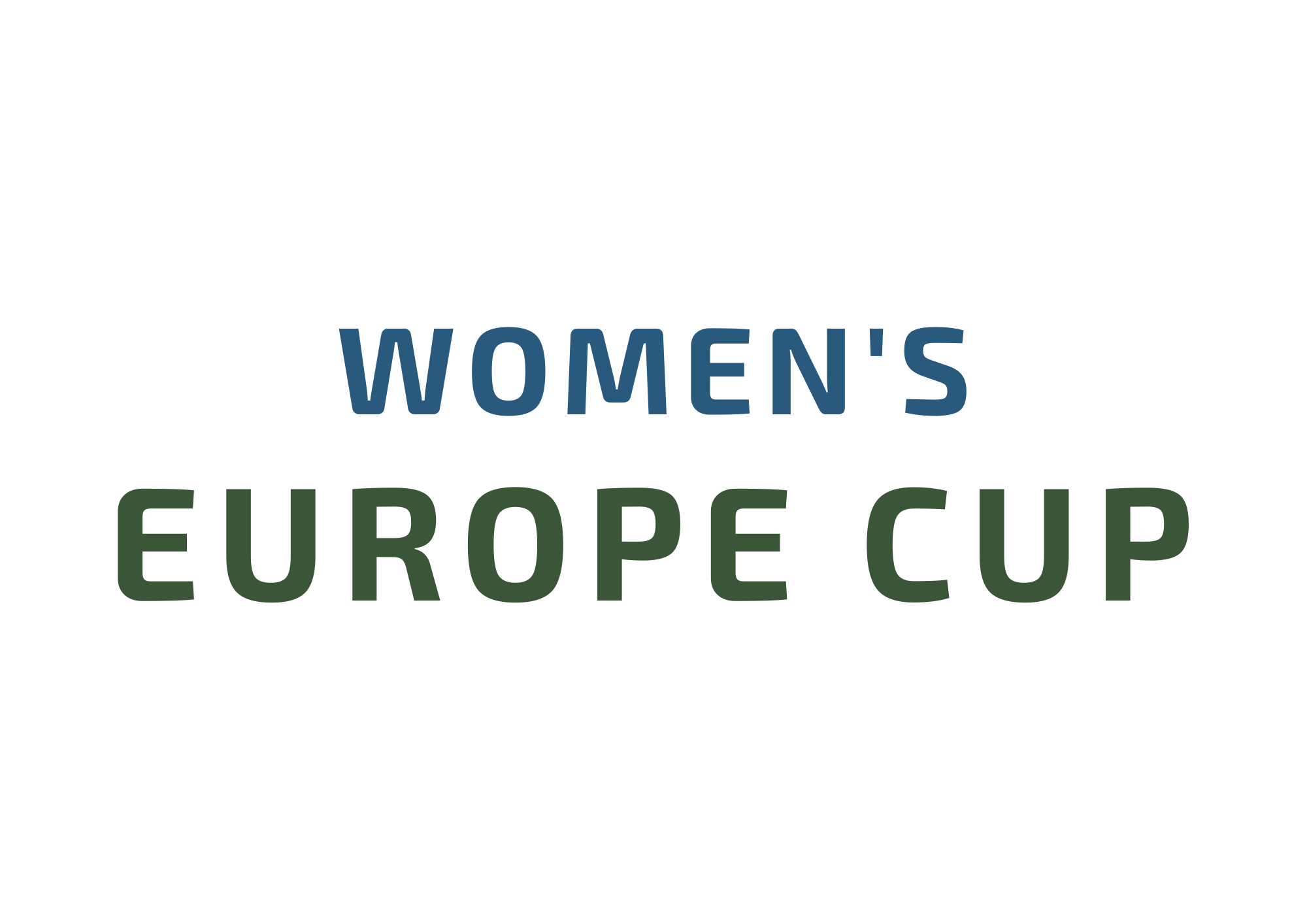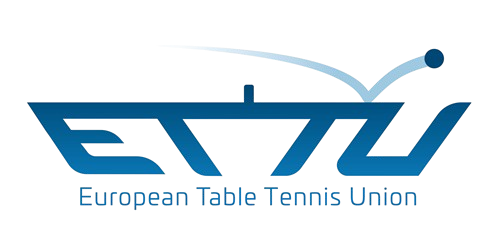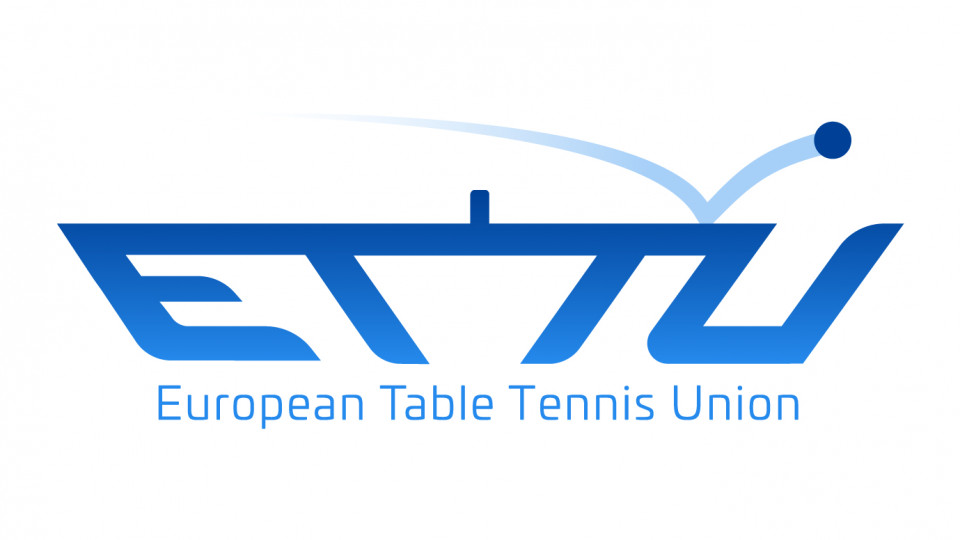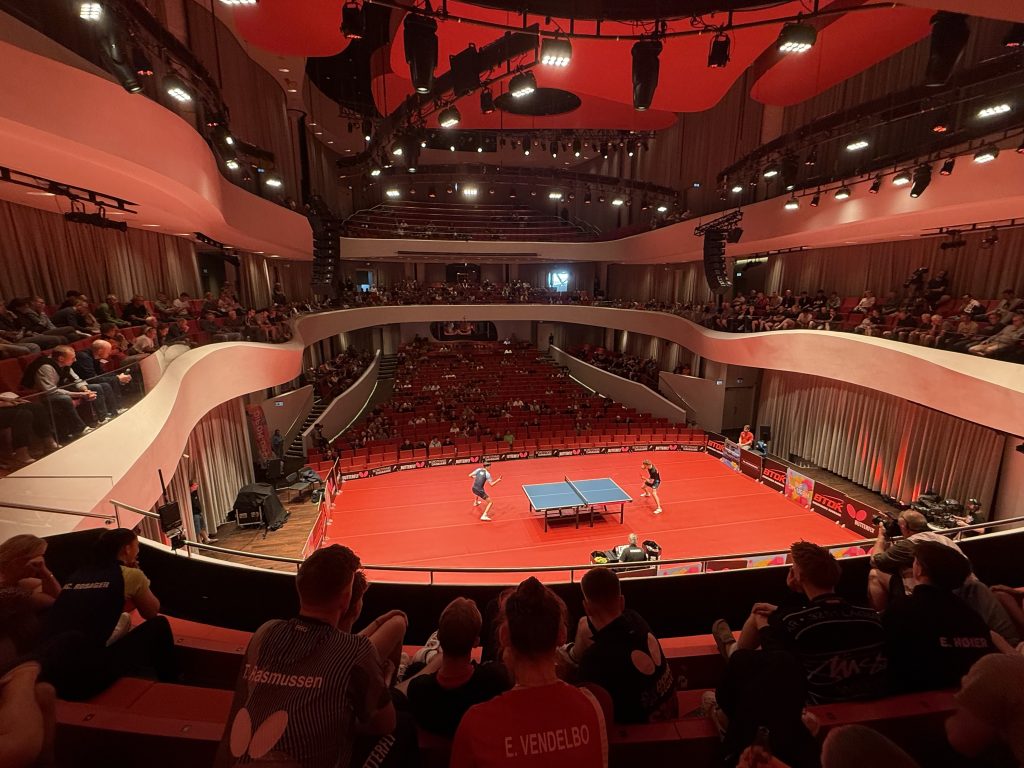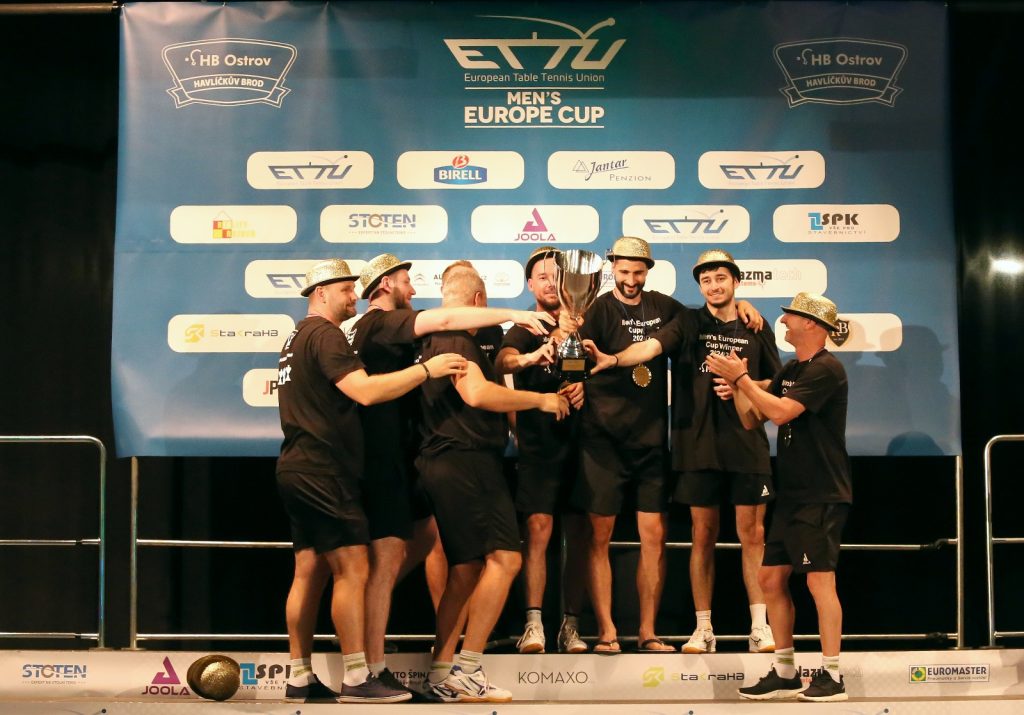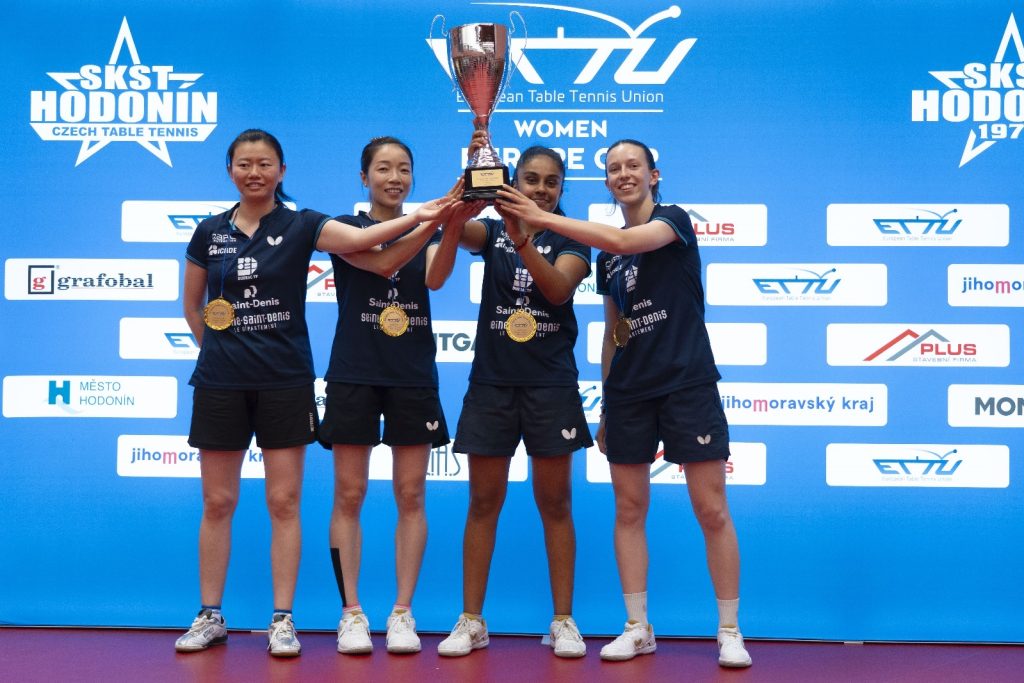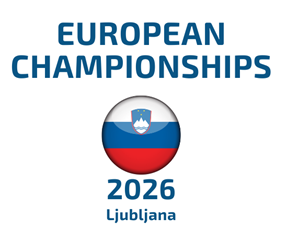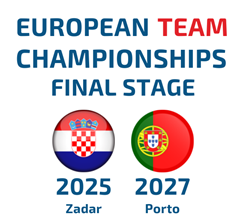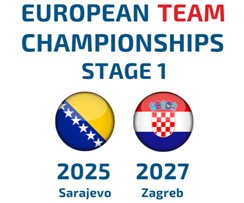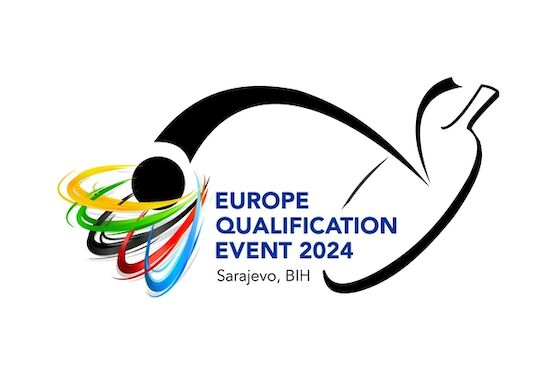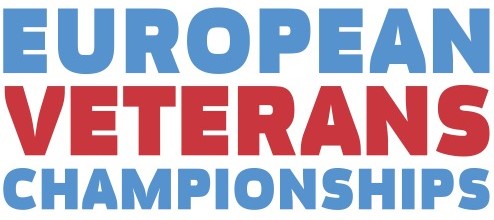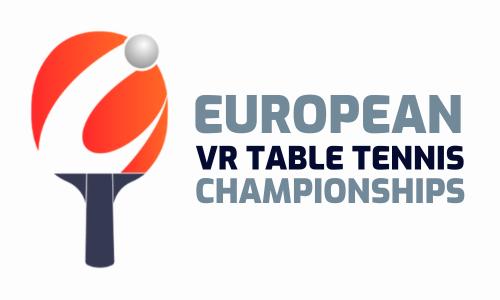22/06/2010 – The table tennis has been classified as a Sport with National Interest in Greece. “In our first meeting – Sport’s General Secretary of Greece BITSAKSIS explained with a press release – we announced the general ke
22/06/2010 – The table tennis has been classified as a Sport with National Interest in Greece. “In our first meeting – Sport’s General Secretary of Greece BITSAKSIS explained with a press release – we announced the general keystones that the ministry of culture will use in the national sports substructure. This was the beginning point to move from structure and practice to the implementation of the national sports substructure. Today is our second movement toward this direction. We are moving from the financing of federation and clubs from a way of anarchy and without rules to their financing with specific political criteria. These politics will give a “breath” to real sports in a critical tough economical conjunction and will simultaneously provide a “push” to both the development of sports and mass sports”.
The criteria used for the classifications of sports are the following:
1. The sports tradition
2. The harmony of the sport with the Greek mentality
3. The popularity of the sport
4. The relationship among the sport and the Greek climatic conditions and the general geographical constitution
5. The quality of the sport’s organization
6. The degree of development and the discretion of the sport’s future development
7. The success and the perspective success of each sport
8. The transparency of the sport’s action
9. The promotion of sports without violence
10. The systematic development of “pure” sports and the value of participation
11. The development of mass sports
12. The development of exercise for everybody especially of the citizens with disabilities.
The above mentioned criteria along with the fact that sports must belong to Greeks impose to the need of implementing specific priorities. We are already studying the financial system of objective criteria used by other countries so that we can implement a similar one by 2011. So for the time being sports are being categorized as follows:
A. Sports with National Priority: 1. Volleyball 2. Gymnastics 3. Special Sports 4. Football (amateur) 5. Sailing 6. Rowing 7. Basketball 8. Tracking 9. Swimming 10. Handball
This categorization means that the government is obliged according to its capabilities to develop promote spread and support these sports. The federations of these sports should be organized in such a way so that they will be the loyal advisors of the government so as to achieve their goals.
These federations would be asked to submit and discuss with the Ministry of Sports a five-year program planning. Moreover each semester they will issue a financial statement of their actions from which their further governmental finance will depend on.
Sports with National Interest: 1. Weightlifting 2. Canoe-Kayak 3. Wrestling 4. Table Tennis 5. Cycling 6. Boxing 7. Tae-Kwon-Do 8. Judo
This categorization means that the government is obliged to observe them and moreover keep the level of development at this point. The further promotion of these sports as far as the governmental finance is concerned
depends in the organizations of these sports. The federations of the above mentioned sports will be obliged to
work and discuss with the Ministry of Sports a three years sports planning. Moreover each semester they will
issue a financial statement of their actions
C. Sports with governmental assistance: 1. Equestrian 2. Fencing 3. Chess 4. Shooting 5. Tennis 6. Archery
These sports are popular enough so as to interest the social mass. But primarily they should count upon private initiatives. The government will not preserve them but it will support them financially according to its capabilities with a specific emphasis in their substructure.
D. Sports of Private Initiatives with a governmental contribution: 1. Golf 2. Sea Skiing 3. Modern Pentathlon 4. Climbing 5. Skiing
These sports should exclusively count upon private initiatives. The governmental support will be limited in selected actions and substructures. The government will finance them occasionally.
E. Sports with Private Initiatives and having sports recognition: 1. Air Sports 2. Underwater actions and fishing 3. Ziou Zichou 4. Karate 5. Curling 6. Kick boxing 7. Kung Fou 8. Military Arts 9. Baseball 10. Bowling 11. Brits 12. Pagratio 13. Ice skating 14. Rugby 15. Softball 16. Physique 17. Tae Kwon Do (AOTE) 18. Triathlon 19. Hockey.
These sports should exclusively count upon private initiatives and the government will not finance them at all. Their future survival does not depend on the governmental finance. The government will provide them only with venues to organize their tournaments.
F. Sports with Local Interest: 1. Cricket (Corfu) 2. Badminton (Sidirokastro)
The sports that have a local interest they will be financed with an emphasis in sports substructures.
Finally the following new general rules should be implemented. In the beginning of the accounting year the maximum annual financing towards the federations and the clubs will be set. The progress of the financing will be based upon regular briefings of the actions essence and at least two annual audits. Finally the progress of the financing will be based upon parameters relative to sports violence doping and transparency in the federation’s management.
22/06/2010 – The table tennis has been classified as a Sport with National Interest in Greece. “In our first meeting – Sport’s General Secretary of Greece BITSAKSIS explained with a press release – we announced the general keystones that the ministry of culture will use in the national sports substructure. This was the beginning point to move from structure and practice to the implementation of the national sports substructure. Today is our second movement toward this direction. We are moving from the financing of federation and clubs from a way of anarchy and without rules to their financing with specific political criteria. These politics will give a “breath” to real sports in a critical tough economical conjunction and will simultaneously provide a “push” to both the development of sports and mass sports”.
The criteria used for the classifications of sports are the following:
1. The sports tradition
2. The harmony of the sport with the Greek mentality
3. The popularity of the sport
4. The relationship among the sport and the Greek climatic conditions and the general geographical constitution
5. The quality of the sport’s organization
6. The degree of development and the discretion of the sport’s future development
7. The success and the perspective success of each sport
8. The transparency of the sport’s action
9. The promotion of sports without violence
10. The systematic development of “pure” sports and the value of participation
11. The development of mass sports
12. The development of exercise for everybody especially of the citizens with disabilities.
The above mentioned criteria along with the fact that sports must belong to Greeks impose to the need of implementing specific priorities. We are already studying the financial system of objective criteria used by other countries so that we can implement a similar one by 2011. So for the time being sports are being categorized as follows:
A. Sports with National Priority: 1. Volleyball 2. Gymnastics 3. Special Sports 4. Football (amateur) 5. Sailing 6. Rowing 7. Basketball 8. Tracking 9. Swimming 10. Handball
This categorization means that the government is obliged according to its capabilities to develop promote spread and support these sports. The federations of these sports should be organized in such a way so that they will be the loyal advisors of the government so as to achieve their goals.
These federations would be asked to submit and discuss with the Ministry of Sports a five-year program planning. Moreover each semester they will issue a financial statement of their actions from which their further governmental finance will depend on.
Sports with National Interest: 1. Weightlifting 2. Canoe-Kayak 3. Wrestling 4. Table Tennis 5. Cycling 6. Boxing 7. Tae-Kwon-Do 8. Judo
This categorization means that the government is obliged to observe them and moreover keep the level of development at this point. The further promotion of these sports as far as the governmental finance is concerned
depends in the organizations of these sports. The federations of the above mentioned sports will be obliged to
work and discuss with the Ministry of Sports a three years sports planning. Moreover each semester they will
issue a financial statement of their actions
C. Sports with governmental assistance: 1. Equestrian 2. Fencing 3. Chess 4. Shooting 5. Tennis 6. Archery
These sports are popular enough so as to interest the social mass. But primarily they should count upon private initiatives. The government will not preserve them but it will support them financially according to its capabilities with a specific emphasis in their substructure.
D. Sports of Private Initiatives with a governmental contribution: 1. Golf 2. Sea Skiing 3. Modern Pentathlon 4. Climbing 5. Skiing
These sports should exclusively count upon private initiatives. The governmental support will be limited in selected actions and substructures. The government will finance them occasionally.
E. Sports with Private Initiatives and having sports recognition: 1. Air Sports 2. Underwater actions and fishing 3. Ziou Zichou 4. Karate 5. Curling 6. Kick boxing 7. Kung Fou 8. Military Arts 9. Baseball 10. Bowling 11. Brits 12. Pagratio 13. Ice skating 14. Rugby 15. Softball 16. Physique 17. Tae Kwon Do (AOTE) 18. Triathlon 19. Hockey.
These sports should exclusively count upon private initiatives and the government will not finance them at all. Their future survival does not depend on the governmental finance. The government will provide them only with venues to organize their tournaments.
F. Sports with Local Interest: 1. Cricket (Corfu) 2. Badminton (Sidirokastro)
The sports that have a local interest they will be financed with an emphasis in sports substructures.
Finally the following new general rules should be implemented. In the beginning of the accounting year the maximum annual financing towards the federations and the clubs will be set. The progress of the financing will be based upon regular briefings of the actions essence and at least two annual audits. Finally the progress of the financing will be based upon parameters relative to sports violence doping and transparency in the federation’s management.

